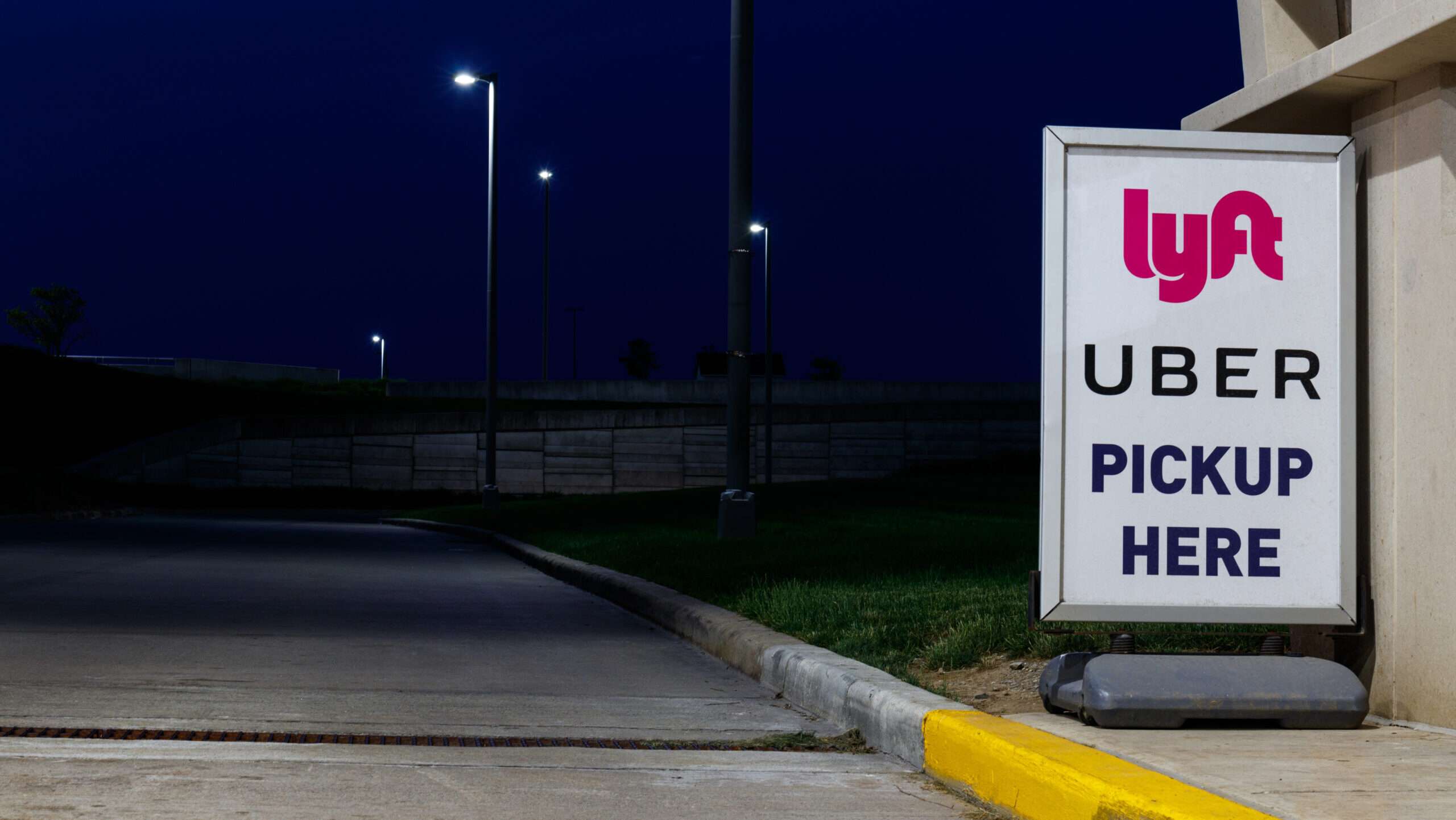Seattle recently faced challenges with implementing a minimum wage for app-based food delivery drivers, resulting in higher prices, decreased earnings for drivers, and frustrated city residents. Now, the Minneapolis City Council has followed suit by introducing a minimum wage for ride-share drivers, which could have even more detrimental effects.
The ordinance in Minneapolis calculates the minimum wage rate for ride-share drivers based on a per-minute and per-mile basis, currently set at $1.40 per mile and $0.51 per minute, with a minimum floor of $5 per trip. Despite claims that this measure aligns driver pay with the city’s minimum wage of $15.57 per hour, a state report revealed that lower rates would suffice.
After the council overrode the mayor’s veto of the ordinance, ride-sharing companies like Uber and Lyft announced plans to exit the Minneapolis market unless the rates are reconsidered. This potential withdrawal could have severe consequences for city residents, especially senior citizens and disabled individuals who rely on these services.
The looming threat of losing ride-sharing services has raised concerns about increased drunk driving rates and the broader implications on the gig economy. If left unchecked, similar minimum wage hikes could extend to other sectors of the industry, impacting a wider range of workers in the Twin Cities.
As the debate continues, the Minnesota Legislature is also exploring legislation that could further complicate the classification of independent contractors in the state, adding more uncertainty for gig workers.
Despite the cautionary tales from other cities, the Minneapolis City Council seems determined to push forward with their agenda. It serves as a reminder of Karl Marx’s famous quote about history repeating itself, urging the council to reconsider the potential consequences of their actions.




